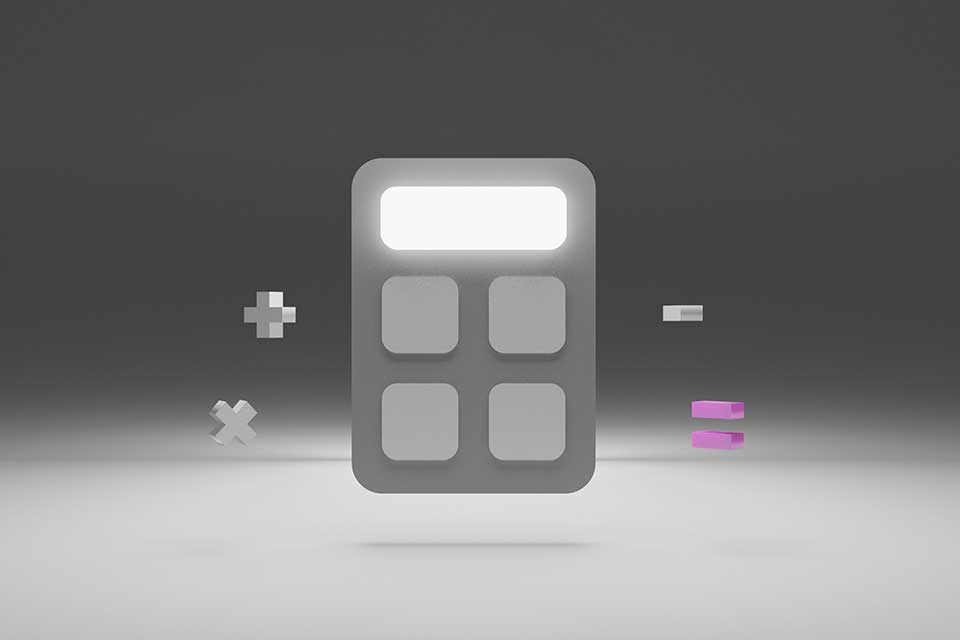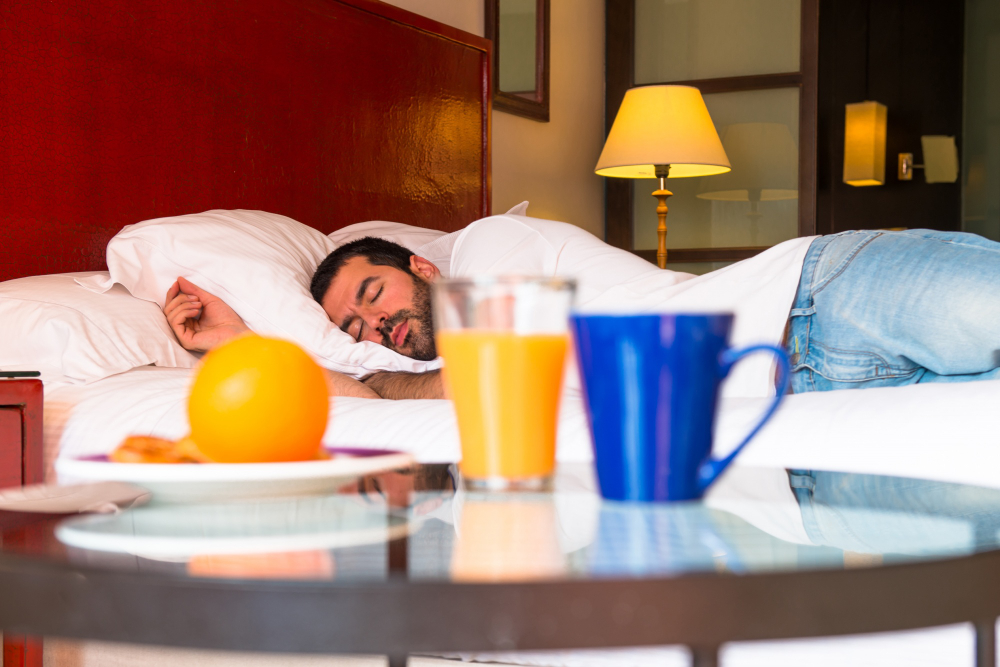
How much could 20 minutes of sleep really affect how well you wake up in the morning?
Well, if you want to wake up feeling refreshed and revitalized (who doesn’t!), those 20 minutes could help you wake up at just the right time—in between sleep cycles.
Discover the secrets behind sleep cycles and learn how using them to calculate your ideal wake-up or bedtime can help you feel rejuvenated and ready to take on the day.
Sleep Cycles: Why They Matter
Before we jump into calculating sleep cycles, let’s break down what it is about sleep cycles that make them worthy of a little sleep math.
Sleep isn’t a uniform state; instead, it consists of different stages that repeat throughout the night. When you sleep, you cycle through two phases:
Phase 1: Non-REM Sleep
- Stage 1: The transitional stage between wakefulness and sleep.
- Stage 2: Light sleep. Heart rate slows and body temperature decreases.
- Stage 3: This stage is called slow-wave sleep. Heart rate further decreases, blood pressure drops, and breathing is slow and rhythmic.
- Stage 4: Deep sleep. Blood pressure, heart rate, and breathing are all very low and it’s difficult to wake up from deep sleep.
Phase 2: REM Sleep
After non-REM sleep comes REM sleep, a lighter stage where blood pressure, heart rate, and breathing increase and dreaming occurs.
But sleep isn’t exactly cyclical. We don’t move through the sleep cycles as you might initially expect. After drifting off to sleep, we shift from stage one to stage two, three, and four, THEN back to three, two, then one, before finally shifting into REM sleep. From there, the cycle starts again, with each sleep cycle lasting roughly 90 minutes.
It’s recommended that you go through 4-6 of these sleep cycle waves in order to get 6-9 hours of quality sleep. This suggests that it isn’t the total number of hours slept that helps us feel refreshed and ready to start the day, but the number of sleep cycles we receive. Even a mere 30 minutes could mean the difference between finishing a sleep cycle and waking up energized or awakening in the middle of a cycle and feeling tired and groggy.
Sleep Cycle Calculator
Now that you have a basic understanding of sleep cycles, let’s talk about how you can optimize your sleep with a sleep cycle calculator. This tool considers the average sleep cycle duration (90 minutes) and aims to wake you up in between cycles, helping you feel more refreshed and alert.
Here are a few sleep cycle calculator tools:
Sleepopolis Sleep Time Calculator
Sleep Foundation Sleep Calculator
After inputting your desired sleep or wake time, these sleep cycle calculators use the average complete sleep cycle timeframe to calculate your ideal sleep/wake time. For example, if you want to wake up at 6:30 am, most sleep cycle calculators would suggest falling asleep at…
9 pm (for six cycles/nine hours of sleep),
11 pm (for five cycles/seven and a half hours of sleep), or
12:30 am (for four cycles/six hours of sleep)…
in order to wake up in between 90-minute sleep cycles.
Connecting the Dots: Sleep Hygiene & Sleep Timer
Understanding your sleep cycles is just one part of the puzzle. Everyone’s sleep needs are unique. Use sleep cycle calculators as a guide, but be open to adjusting based on how you feel each morning.
Additionally, consider incorporating some other beneficial sleep hygiene practices to enhance your overall sleep quality:
Consistent Sleep Schedule: Align your sleep and wake times as consistently as possible, even on weekends.
Create a Soothing Bedtime Routine: Wind down before sleep with calming activities like reading, gentle stretching, or meditation.
Optimize Your Sleep Environment: Ensure your bedroom is conducive to sleep—dark, quiet, and cool.
Limit Screen Time Before Bed: Minimize exposure to screens at least an hour before bedtime to promote the natural production of sleep-inducing hormones.
Watch Your Diet: Be mindful of food and drink, especially in the evening. Avoid heavy meals and stimulants like caffeine close to bedtime.
By combining the insights from your sleep cycles with the guidance of a sleep cycle calculator and adopting healthy sleep hygiene practices, you can unlock the secrets to a more restful night’s sleep.



